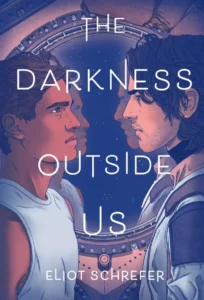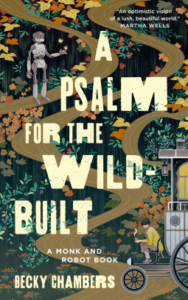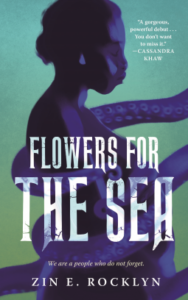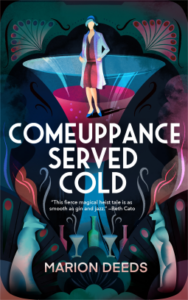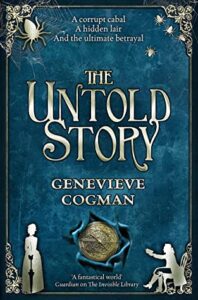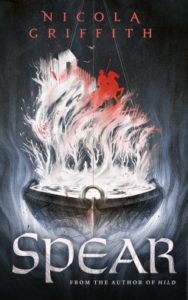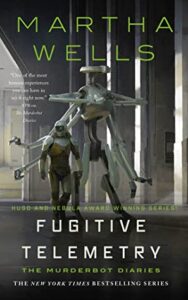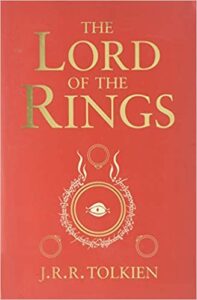 Strange Beasts of China, Yan Ge, trans. Jeremy Tiang
Strange Beasts of China, Yan Ge, trans. Jeremy Tiang
I was intrigued by the sound of this book when I read that it was based on a bestiary. In a way, I can see why that’s the description — the opening paragraph and closing paragraph of each chapter sound like that, though mostly it sounds like a series of articles/stories (which is actually what the frame story is: the narrator is a novelist, researching and writing stories about beasts for a column). I was also intrigued by the mention of the main character being a zoologist… but she’s mostly a novelist, and the book doesn’t really have much of a scientific outlook toward the beasts and their stories.
I’m kind of torn on what to think about it and how to rate it, honestly. I feel like I might’ve enjoyed it more if I’d had more of a sense of what it would really be like — though I also felt like it was needlessly opaque sometimes, like I’d need a diagram to understand exactly how everything was related and why the outcomes were the way they were. I don’t know if that was the translation (the “opaque” feeling is something I get with work in translation sometimes), the story itself, or me being slow-witted today, but it just didn’t quite come together for me.
I guess the final bit also felt a bit heavy-handed, like… the stuff that I didn’t need to be spelled out to me about the themes was, while I was still mentally drawing diagrams about how the different characters were related!
All that said, it was an interesting experience — one of the early comparisons to come to my mind was Ursula Le Guin’s Changing Planes; there’s something of the same tone and intent there, I think, the same consciousness that a point is being made. I loved Changing Planes, so that’s not a diss on this book, it’s just that it didn’t quite work for me here.

